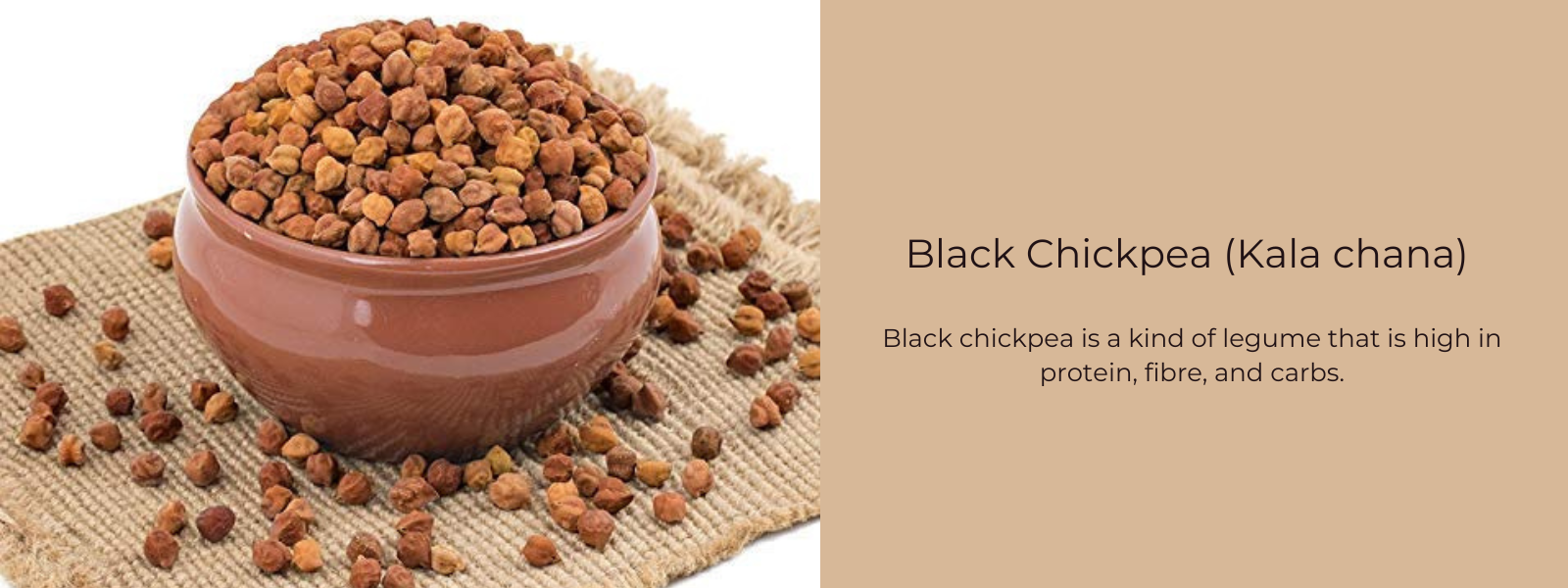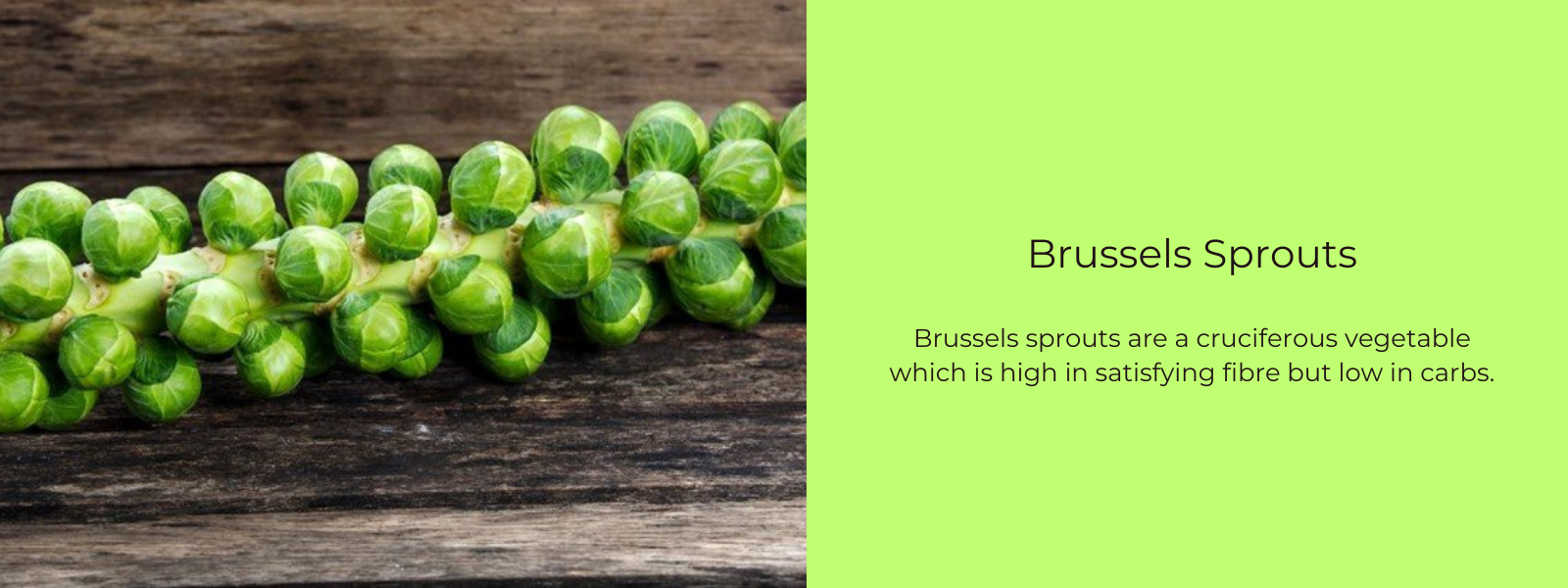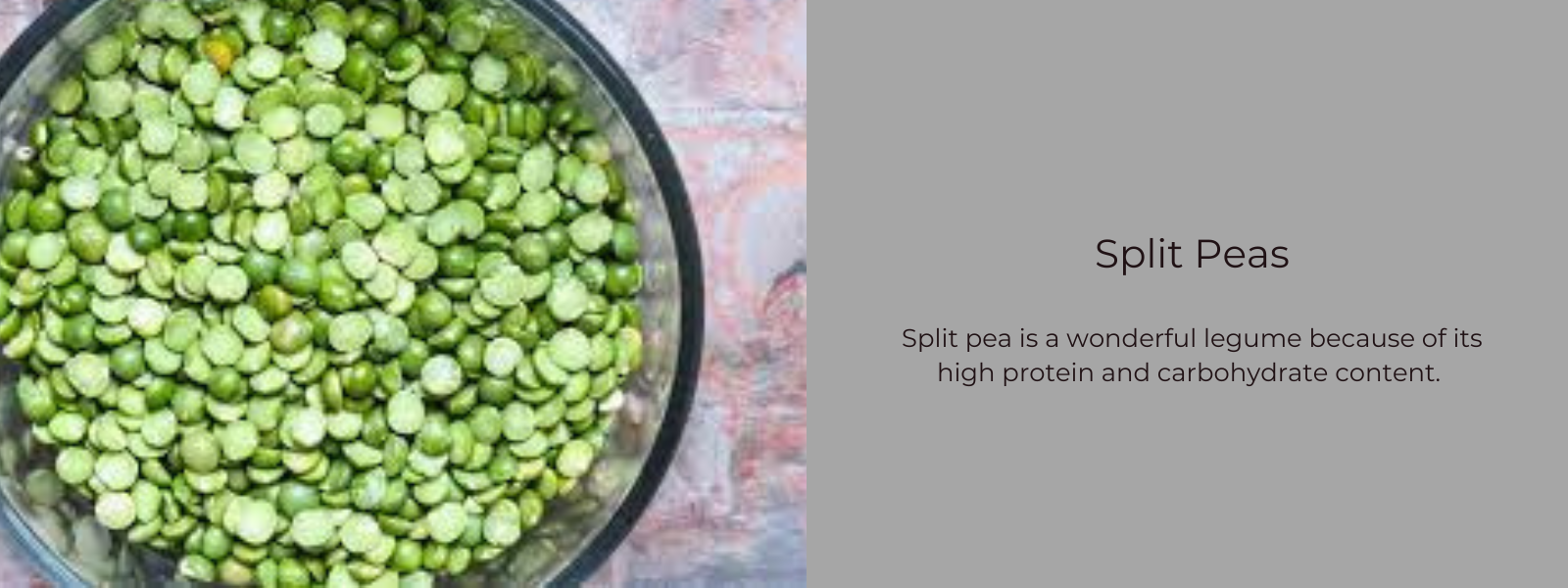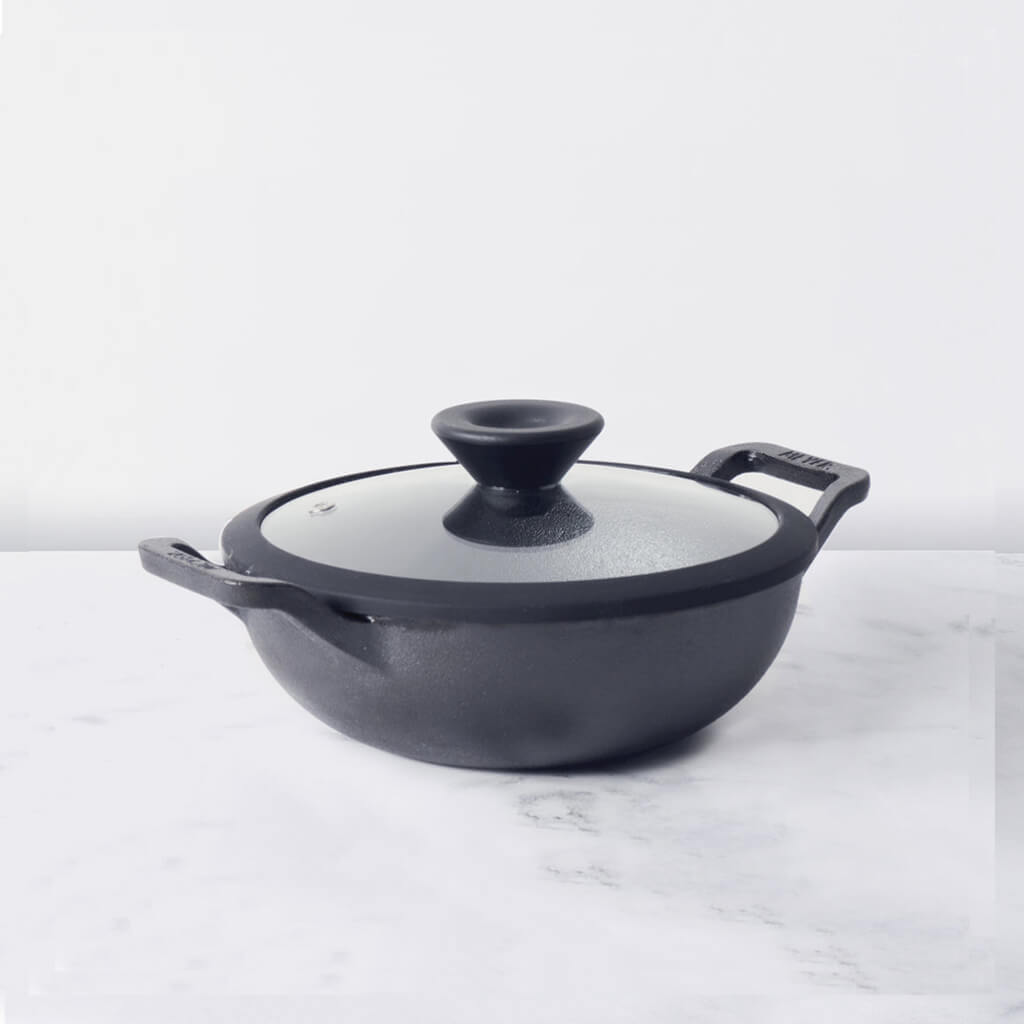Algae and other marine plants are collectively known as "seaweed," and they can be found on rocky shores all around the world. Rhodophyta are red, Chlorophyta are green, Cyanophyta are blue-green, and Phaeophyceae are brown.
While seaweeds can be found in kitchens around the world, they are especially common in Asian dishes including sushi, salads, soups, and stews.
Seaweed was a vital part of the diets of ancient coastal dwellers. There are currently around 145 different kinds in use today.
Table of Contents
What is Seaweed?
The term "seaweed" is used to refer to a wide variety of marine algae and plants. These plants thrive in water and can be found in streams, lakes, and the sea. Since seaweed does not rapidly multiply and create ecological damage, it cannot be considered a weed. It helps the ecosystem by providing shelter for marine life and sustenance for humans.
Red seaweed, green seaweed, and brown seaweed are the standard divisions. Seaweeds like nori, dulse, and Irish moss are all examples of the phylum Rhodophyta, which is home to the red algae. Seaweeds like sea lettuce and umibudo are examples of green algae in the phylum Chlorophyta. Kelp, kombu, and wakame are all examples of brown seaweeds that belong to the group Phaeophyta.
Types of seaweed:
The following are examples of common edible seaweeds:
Arame
Chlorella
Wakame
Dulse
Nori
Kombu
Kelp
Sea lettuce
Health benefits of seaweed:
Seaweed for Thyroid
Seaweed has positive effects on thyroid health.
The butterfly-shaped thyroid gland at the front of the neck secretes hormones that regulate metabolism. Protein synthesis is boosted, growth is influenced, and metabolic rate is maintained, among other things, by these hormones.
The thyroid requires iodine in order to produce thyroid hormones. Iodine dissolves in the stomach and small intestine after being consumed either as a supplement or as part of one's regular diet. Iodide (ionised iodine) is then incorporated by the thyroid gland into thyroid tissue, where it is converted into the thyroid hormones thyroxine (T4) and triiodothyronine (T3).
Disorders such as goitre, an enlarged thyroid gland, hypothyroidism, slowed metabolism, weight gain, and even developmental delay can occur when the body is unable to produce adequate thyroid hormones.
Iodine is a crucial trace element for maintaining healthy thyroid function, hence it is occasionally added to table salt to ensure adequate daily intake. What, though, about people who, perhaps, due to hypertension or personal preference, want to cut back on their salt intake?
Here's where seaweed can help out. Iodine can be found in abundance in seaweed. Nori contains 16 iodine micrograms (g) per gramme, but kombu has almost 2,000 iodine micrograms (g) in only one serving.
The RDA for iodine in healthy adults is around 150 ug, so that gives you an idea of how much iodine you need to consume each day.
Seaweed has been linked to benefits for the thyroid and the cardiovascular system, and it also happens to be a delightful snack.
Seaweed for Cardiovascular Health
You might not think of seaweed as a heart-healthy snack, but new evidence suggests it just might be.
Soluble fibre, flavonoids, omega-3 fatty acids, potassium, and magnesium are just some of the minerals and phytochemicals that can be found in seaweed. The circulatory system consists of the blood vessels that supply blood to and drain blood from the heart, and these nutrients and minerals aid in maintaining a healthy system.
Examples include the reduction in both total and LDL or "bad" cholesterol that has been linked to a diet high in fibre. Increasing your intake of flavonoids may help lower your risk of cardiovascular disease and coronary heart disease, according to other research.
Deficits in potassium, an essential vitamin that aids the body in regulating blood pressure, have been related to hypertension.
Fortunately, these nutrients are plentiful in seaweed. Researchers have found that eating more seaweed may be good for your heart. Some research has connected eating more seaweed to a reduced risk of cardiovascular disease and stroke in males.
When researchers looked at the correlation between seaweed consumption and cardiovascular health, they found that the more often people consumed seaweed, the lower their risk of dying from a stroke. These results held true for both sexes.
Seaweed stimulates digestion
Eating seaweed as a snack may help keep your heart healthy, and new research suggests it may do the same for your digestive system. Fucoidan, laminarin, and alginate are just a few examples of the unusual nutrients found in seaweed. Polysaccharides are a class of compounds that includes these essential nutrients. The carbohydrate form known as polysaccharides is distinct because it consists of several linked sugar molecules.
When these polysaccharides are consumed, they may function as prebiotics in the digestive tract. Prebiotics are a type of fibre that is indigestible by humans, yet this does not negate its usefulness. Contrarily, prebiotics provide energy for the microbiome of gut microorganisms. Prebiotics are important because they provide food for the good bacteria in your digestive tract.
When gut bacteria decompose prebiotics, for instance, they produce substances known as short-chain fatty acids. Benefits of these short-chain fatty acids include enhancing insulin sensitivity in those with diabetes and obesity, decreasing inflammation, and providing protection against colon cancer.
Prebiotic compounds found in seaweed have been shown to benefit digestive function. Animal research, for instance, demonstrates that eating seaweed can alleviate hyperleptinemia, a condition characterised by an excess of the hormone leptin and an inability of the brain to respond to it.
Leptin is a hormone that signals fullness and aids in weight maintenance. Excessive leptin secretion, also known as hyperleptinemia, is linked to obesity because it indicates that the brain is not responding appropriately to leptin levels.
Seaweed has been linked in studies to inhibiting the development of colon cancer cells, suggesting it may play a role in the prevention of colon and colorectal cancers.
Seaweed regulates blood sugar
Diabetics and individuals who experience blood sugar fluctuations may find it difficult to select the ideal snack. A yummy seaweed snack might be a lifesaver when you're trying to keep track of your carbohydrate and sugar intake.
Researchers have shown that eating seaweed may help control blood sugar levels. Four weeks of supplementation with seaweed powder led to improvements in fasting blood glucose, postprandial (after-meal) glucose, and lipid levels, according to one study.
The anti-inflammatory and anti-oxidant properties of seaweed, as well as its ability to lower cholesterol in the liver, have led to its widespread acceptance as a potential treatment for metabolic syndrome. Seaweed is the ideal longevity snack due to its anti-inflammatory and antioxidant characteristics.
You can limit your hunger and calorie intake with a little seaweed. In one experiment, subjects were divided into groups and given either a seaweed and starch lunch or a pea protein meal of the same caloric content. Those who were given seaweed in the study reported less hunger than those given pea protein.
How to use seaweed?
Dried seaweed is widely available at health food stores and supermarkets. You could find dried dulse flakes, nori sheets, or other types of seaweed treats. You may get a wider selection of dried and fresh seaweeds at several grocery stores.
Among the various possibilities for incorporating seaweed into your diet are:
- Use dried kelp or kombu to flavour a broth for a soup.
- Seaweed salad made with fresh arame and wakame, vinaigrette, sesame oil, scallions, and garlic.
- Ground nori, salt, black pepper, kombu, dulse, and sesame seeds make a delicious seasoning blend for a variety of dishes.
- Nori, a dried seaweed, makes a tasty snack.
- Blend kombu into bean stew
- Prepare sushi at home.
- Chickpeas, celery, red onion, vegan mayonnaise, salt, and pepper, dulse flakes make a delicious "tuna" salad that contains no animal products.










Leave a comment